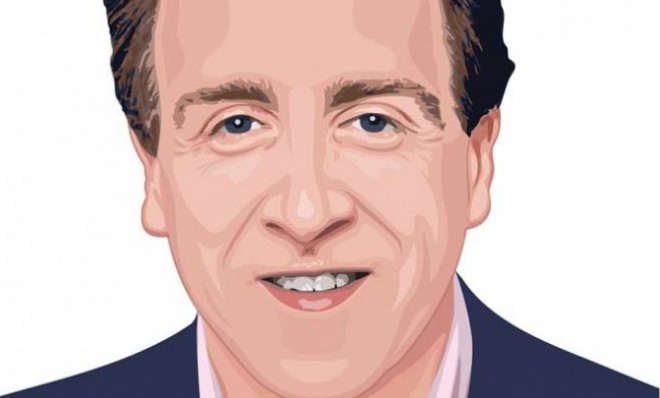4 reasons our political dysfunction isn't going to end soon


A free daily email with the biggest news stories of the day – and the best features from TheWeek.com
You are now subscribed
Your newsletter sign-up was successful
If there’s one thing Republicans and Democrats agree on, it’s that American politics is broken. Compromise is a dirty word, the nation’s problems go unsolved, and voter pessimism is at an all-time high. Most Americans think the current Congress is the worst in their lifetimes.
Four trends over the last generation have combined to make effective governing nearly impossible.
1. Few congressional districts are competitive. Technology was once seen as the savior of our democracy because it would allow for better communication between citizens and their representatives in Congress. In theory, lawmakers could instantly gauge the views of voters and accurately represent them in the legislative process. Instead, technology has allowed for very sophisticated gerrymandering of congressional districts to the point where there are just a handful of districts that can truly be considered competitive anymore. Many lawmakers have no incentive to compromise with the other party. In fact, being seen as bipartisan often opens these politicians up to fierce primary challenges.
The Week
Escape your echo chamber. Get the facts behind the news, plus analysis from multiple perspectives.

Sign up for The Week's Free Newsletters
From our morning news briefing to a weekly Good News Newsletter, get the best of The Week delivered directly to your inbox.
From our morning news briefing to a weekly Good News Newsletter, get the best of The Week delivered directly to your inbox.
2. Political parties are much weaker. Campaign finance reform once promised the end of big money influence in politics. The McCain-Feingold campaign finance law put an end to "soft money," the large donations made to political parties by interest groups that could then be doled out to individual candidates. But a series of court decisions weakened the law and gave rise to super PACs, which now control the big money instead of the political parties. These independent organizations typically have much narrower agendas than the national parties.
3. The parties come from different places. When President Lyndon Johnson signed the 1964 Civil Rights Act, he reportedly told an aide, "We have lost the South for a generation." It actually took two generations for it to happen, but LBJ’s prediction came true for Democrats. The Republican party now firmly controls the South. Meanwhile, minority voters are the most reliable demographic group for Democrats. One party today is primarily white and concentrated in the South and rural areas, while the other is primarily an urban multiracial party. The two parties have much less in common than they once did.
4. Narrow-casting has replaced broadcasting. For decades Americans received their news from three evening newscasts. Each of the television networks competed for the biggest viewing audience across the entire country. The strategy required newscasts to at least try to be politically neutral to appeal to the most people. This changed with the advent of cable television and accelerated as the internet fragmented the news audience into even more narrow audiences. Being neutral is now considered a losing strategy for building a news audience on the internet.
Over time, there will certainly be new trends, challenges, and technologies to disrupt our current politics. But it will likely take a long time — perhaps a generation or more — to break the fever that has paralyzed our country.
A free daily email with the biggest news stories of the day – and the best features from TheWeek.com
Taegan D. Goddard is the founder of Political Wire, one of the earliest and most influential political websites. He also runs Wonk Wire and the Political Dictionary. Goddard spent more than a decade as managing director and COO of a prominent investment firm in New York City. Previously, he was a policy adviser to a U.S. senator and governor. Goddard is also co-author of You Won — Now What? (Scribner, 1998), a political management book hailed by prominent journalists and politicians from both parties. Goddard's essays on politics and public policy have appeared in dozens of newspapers across the country, including The Washington Post, USA Today, Boston Globe, San Francisco Chronicle, Chicago Tribune, Philadelphia Inquirer, and Christian Science Monitor. Goddard earned degrees from Vassar College and Harvard University. He lives in New York with his wife and three sons.
